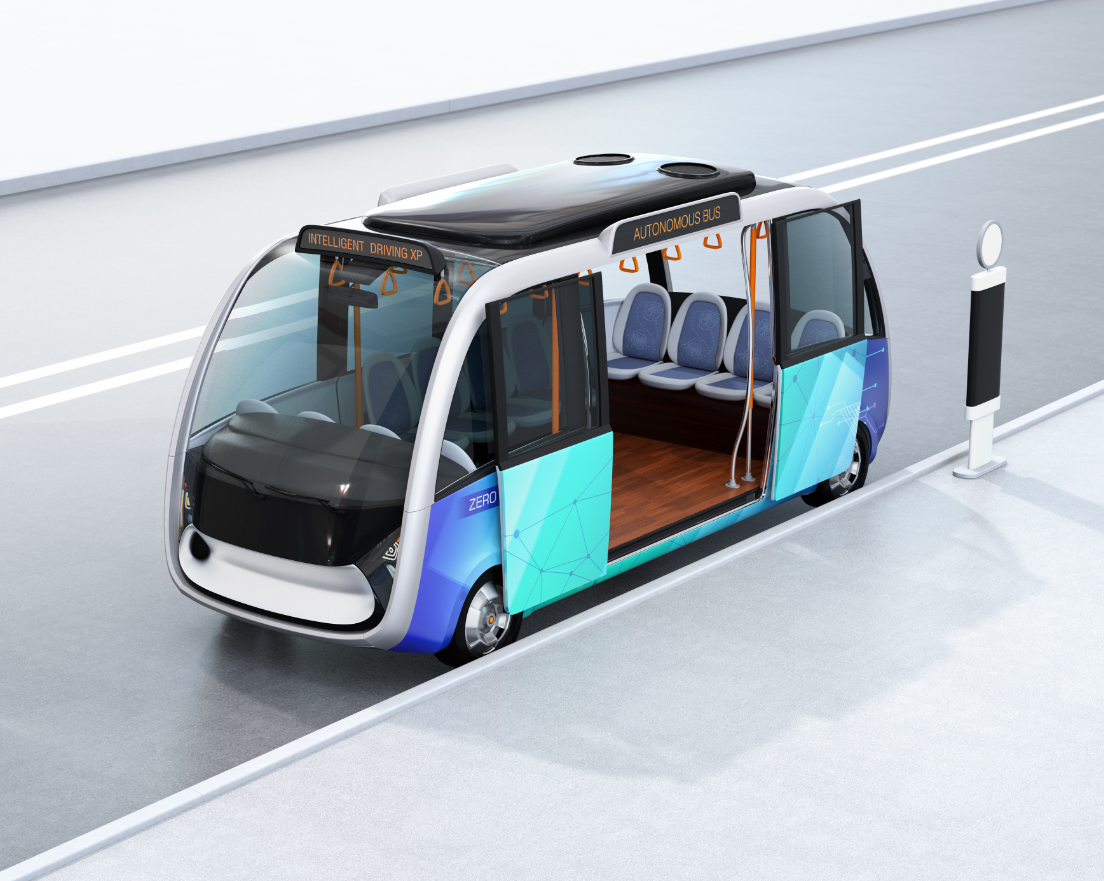In the past, steel was the main material used for bodies and parts, but recently there has been a shift to "multi-materials," in which the most appropriate material is used for each part. The U.S. research firm CAR (Michigan) estimates that the share of steel, which accounted for more than 90% of the world's car body materials in 2010, will decline to around 70% by 2040.
Instead, non-ferrous materials such as aluminum, carbon fiber and resin materials are emerging. Material manufacturers are entering the automotive field one by one, seeing weight reduction as a commercial opportunity, but steel currently has the advantage in terms of cost. The conflicting issues of cost, lightness and strength are not easy to solve.
Nippon Steel Corporation has unveiled a model for developing the next generation of vehicles that can be 30% lighter using steel alone in 2019. The combination of super high-tensile material, which is even stronger and lighter than high-tensile material, appeals to the superiority of steel in terms of cost competitiveness. JFE Steel is also working to unify its automotive steel sheets and related technologies under a single brand, which will lead to joint development and increased orders for high-tensile materials.
To date, European automakers have been at the forefront of efforts to increase the use of materials other than steel to reduce weight. Japanese automakers have been reluctant to replace steel with EVs, but with the global shift to EVs, there is a widespread movement to increase adoption.
Chemical manufacturers and others are selling carbon fiber reinforced plastic (CFRP). Toray has acquired CFRP processing companies in Japan and Italy.
Tokyo Byokane has a lot of experience with CFRP, so please contact us.

